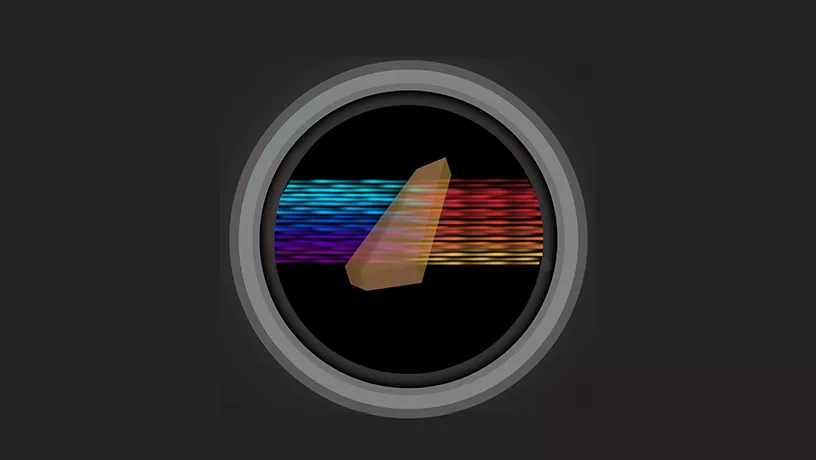2022-08-22 カリフォルニア大学バークレー校(UCB)

This July 27 image of Jupiter taken by the Near-Infrared Camera on the new James Webb Space Telescope is artificially colored to emphasize stunning details of the planet: auroral emission from ionized hydrogen at both the north and south poles (red); high-altitude hazes (green) that swirl around the poles; and light reflected from the deeper main cloud (blue). The Great Red Spot, the equatorial region and compact cloud regions appear white or reddish-white; regions with little cloud cover appear as dark ribbons north of the equatorial region. (Image credit: NASA, European Space Agency, Jupiter Early Release Science team. Image processing: Judy Schmidt) [Click here to download a high-resolution version of the photo, with a more detailed caption]
7月27日に撮影されたこの赤外線画像は、特定の特徴を際立たせるために人工的に着色されており、色帯の縁や大赤斑の周りに細かい線模様が見られるほか、北極と南極のオーロラもかつてないほどきれいに見ることができます。
また、広視野の画像では、銀河を背景に、木星とかすかな環、木星の小さな衛星アマルティアとアドラスティアがユニークに並んでいるのがわかる。
大赤斑と呼ばれる巨大な嵐のほか、青白い楕円に見える多数の嵐系や、小さな明るい雲粒のプルームも確認できます。また、組織化された帯状流と高緯度での混沌とした渦のパターンとの間の移行もはっきりと見ることができる。
<関連情報>



